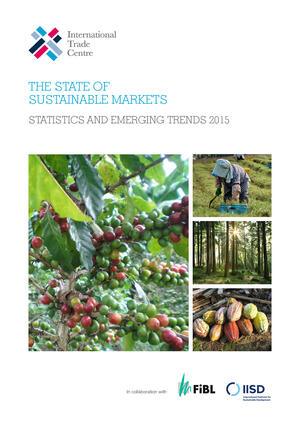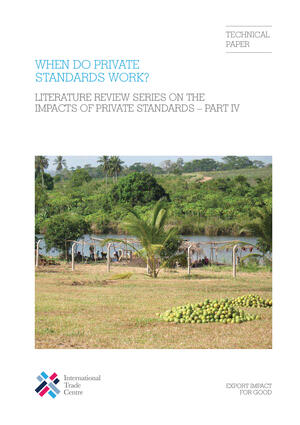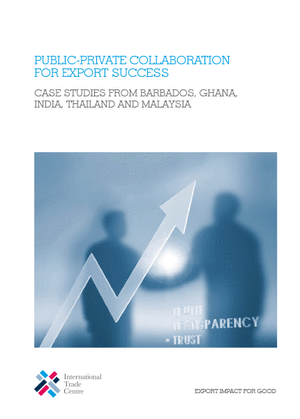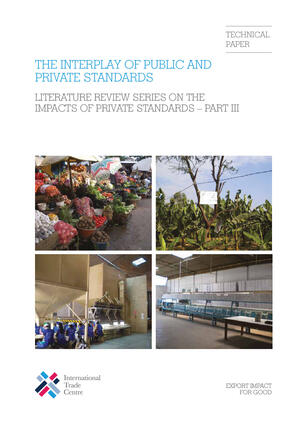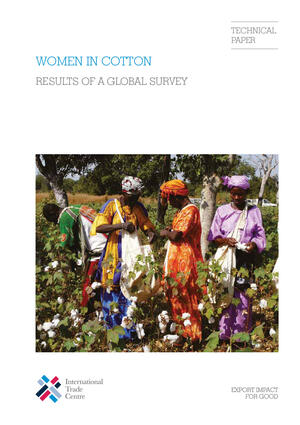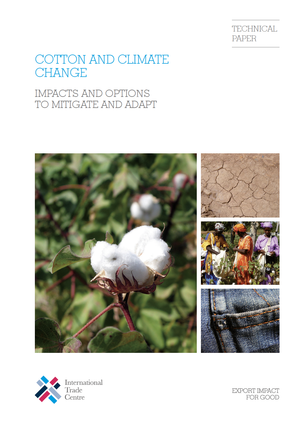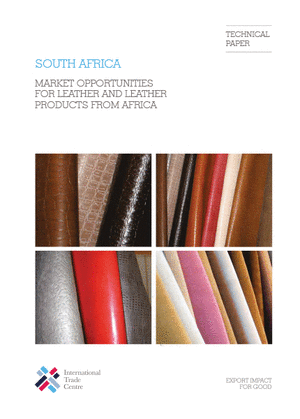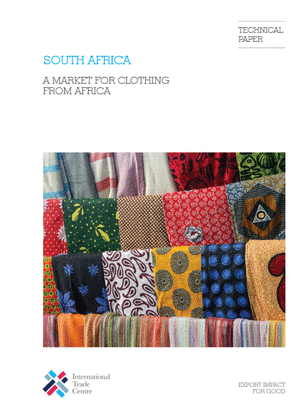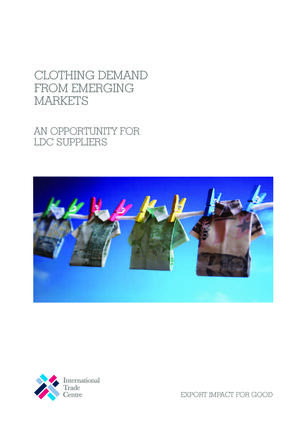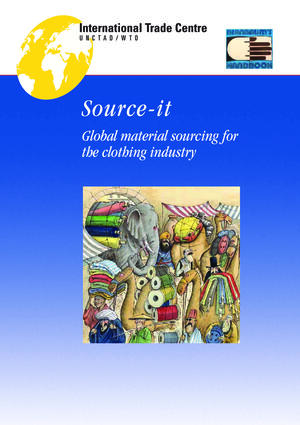The State of Sustainable Markets: Statistics and Emerging Trends 2015
The first global data report on fast-growing voluntary sustainability standards outlines the share of bananas, cocoa, coffee, cotton, forestry, palm oil, soybeans, cane sugar and tea in 14 major standards. The report is based on a partnership between the Research Institute of Organic Agriculture...




